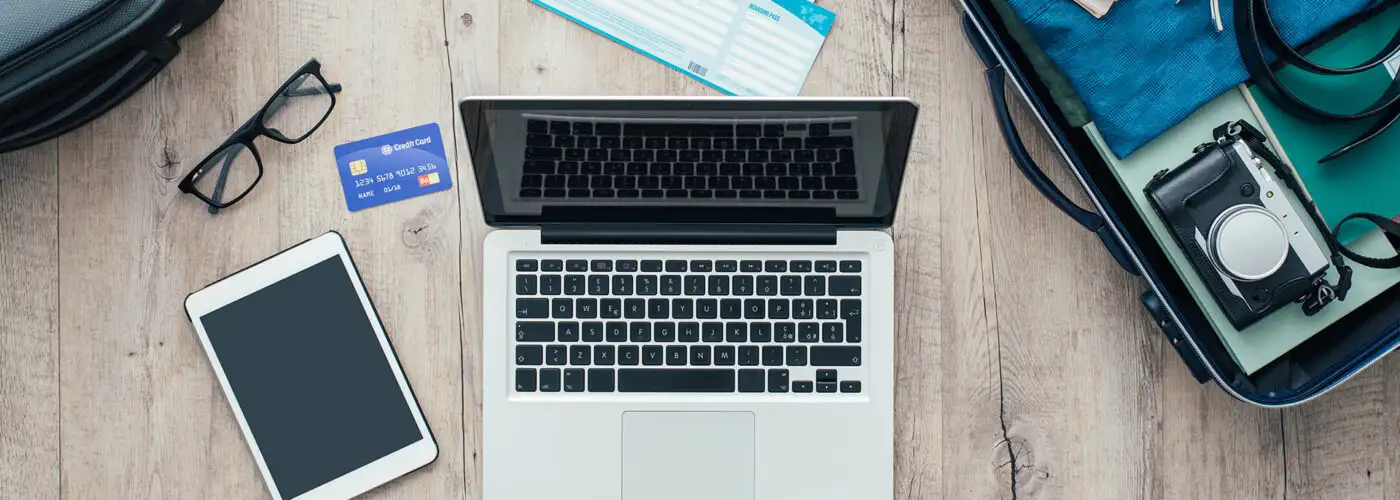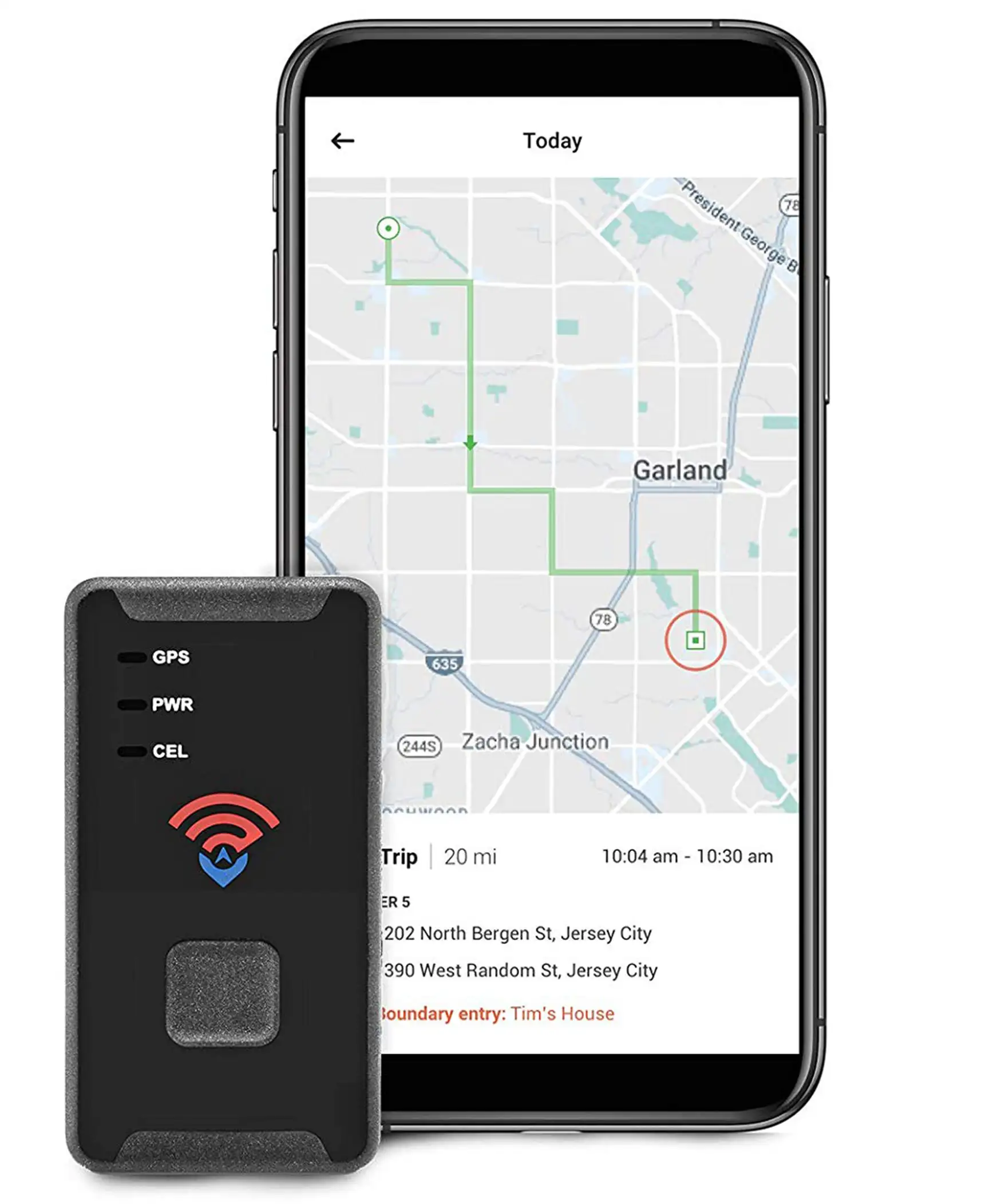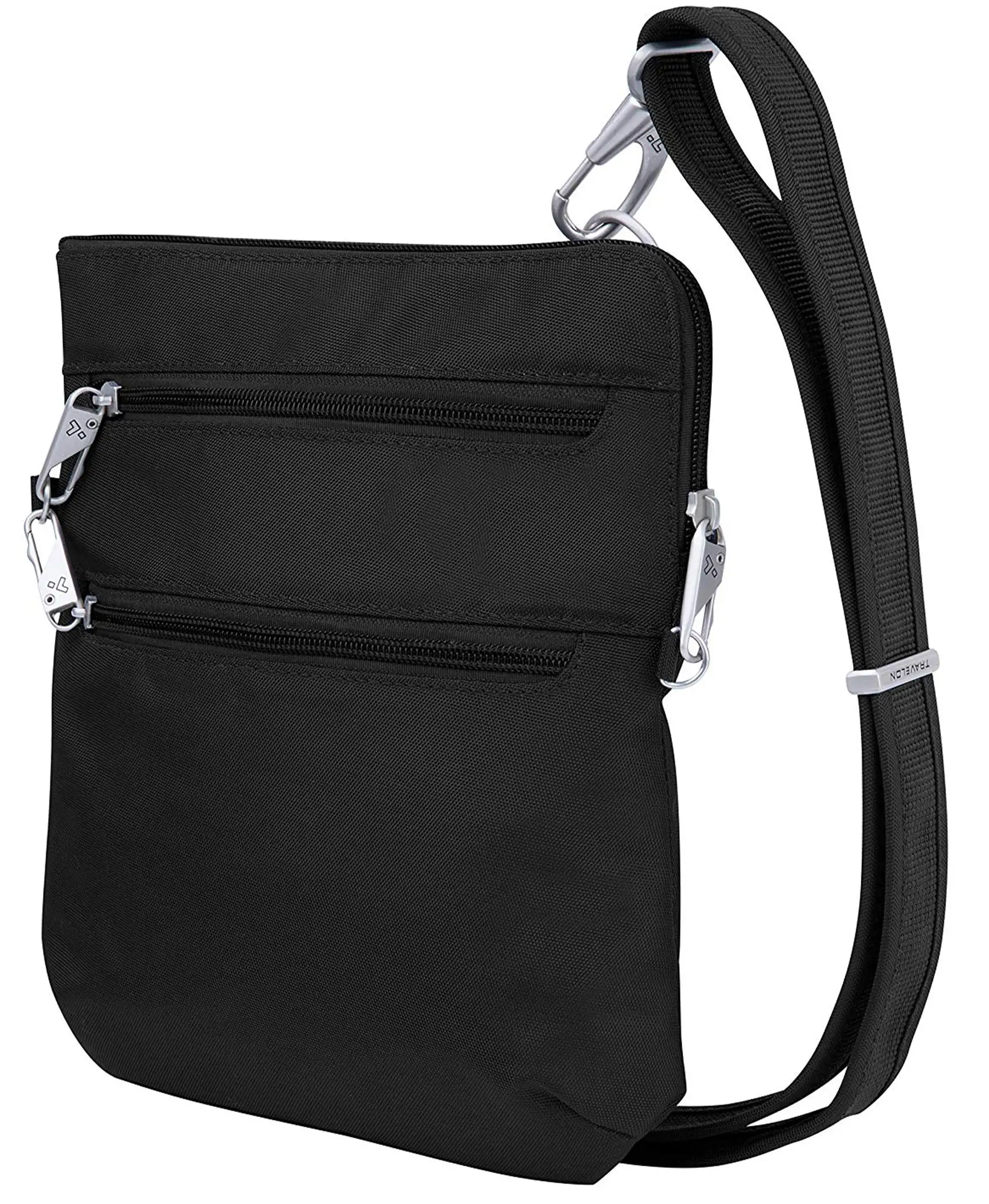The state of the world is currently at the mercy of COVID-19, with travelers grounded indefinitely and canceling trips. The majority of us are only traveling within the walls of our home now, and many have bigger things to worry about than when our next trip will be.
But many who have booked trips abroad are rightfully concerned about penalties they could face for canceling or rescheduling. An unprecedented global pandemic is a stressful time to navigate hidden stipulations, but many airlines and travel-related agencies have been incredibly understanding due to the circumstances.
I spoke with Christian Nielsen, board member of the Association of Passenger Rights Advocates (APRA) and Chief Legal Officer at air passenger rights advocacy group AirHelp to address what travelers’ rights are in a pandemic when it comes to canceling or postponing.
What’s the current state of travel?
Nielsen says that the situation is frequently in flux, with countries imposing their own travel restrictions and even closing borders to non-citizens. But generally “we’re seeing fewer and fewer people traveling—not only in Asia and Europe, but also within the United States for domestic flights. Also, many airlines are limiting where their flights are going and how often flights are available in an effort to curb the spread of coronavirus.”
Is it safe to travel anywhere right now? If not, when is an ideal timeframe to re-book flights?
For updates and status of the COVID-19 pandemic, it’s best to check the U.S. Department of State (which has issued a global “Do Not Travel” health alert) and Centers for Disease Control and Prevention. Nielsen explains that in order to curb the spread, “many companies in the hospitality/tourism industries are putting events on hold until May to be cautious.”
Do: If you’re seeking to postpone rather than cancel, only opt for flexible bookings that can be canceled if they need to be. No one can say yet when it will be safe to travel again.
In regard to flight cancellations, what are my rights as a passenger?
“If your trip is canceled due to coronavirus travel restrictions, you have the right to a full refund on your ticket,” Nielsen said.
Seeking compensation (which is deemed as additional funds separate of a refunded airline ticket) is another issue: “In usual circumstances, travelers have a right to compensation, but collectively at AirHelp and APRA, we understand that the scope of this crisis has expanded beyond the airlines’ control and therefore, we have decided not to put these related claims forward to the airlines.”
The pandemic has been classified as an “extraordinary circumstance.” So the airline companies are not directly liable for disruptions caused by COVID-19; therefore, AirHelp will not be pursuing additional compensation for affected flights.
Overall, though, airlines are still responsible for caring for their passengers and are largely waiving cancellation and rebooking fees. Moreover, it’s in everyone’s best interest to be reasonable, patient, and realistic: Nielsen explains that “we are here to defend passenger rights, provide legal clarity and certainty—but we are now assessing all claims on a case-by-case basis. Proceeding in this manner assists travelers while keeping the stress/workload levels of airlines manageable.”
Do: Be patient with airlines as they handle your cancellation or rebooking. However, if travelers still feel as though they’ve been wronged and want to pursue additional compensation to their refund, Nielsen advises that they consult resources on AirHelp.
What about travel insurance? Can it assist me in regards to trip cancellations?
Nielsen says that “although travelers may be tempted to get travel insurance now because the pandemic is a global issue, it is unlikely that policies would cover changes or cancelations to travel plans.”
Additionally, each insurance company has their own policy types and guidelines, so consumers who did already purchase travel insurance should check with those individual entities to clarify the fine print and what assistance is available (e.g. refunds for planned activities). At the moment, as per the U.S. Travel Insurance Association, many insurers will only cover coronavirus related issues if the policies were purchased before January 21, 2020.
Do: Reach out to your insurance provider; don’t assume anything is automatically covered if you’re buying now.
Should I involve my credit card company (which is often the way one pays for and insures trips)? Due to my card’s ancillary benefits (e.g. trip cancellation insurance, delayed baggage insurance, lost baggage insurance, and trip delay protection), is my credit card company able to assist me in any way?
The best approach here is to first contact the travel provider (the airline you were supposed to fly with). Considering the circumstances, the majority of airlines have implemented generous cancelation/change policies. However, if you’re encountering difficulties and/or delays, Nielsen says that it doesn’t hurt to check-in with your credit card company.
Do: Nielsen says to “keep in mind that in the end, each issue will likely be judged on a case-by-case basis depending on whether or not the airline has refunded the ticket price.”
Do: Contact the airline for help first, with your credit card insurance being a back-up plan.
What if I booked a package deal through a third-party travel site? What are the refund and/or re-booking practices to be mindful of here?
“Every agency may have their own policy, but given that we’re in the midst of a pandemic and global health emergency, travelers may be able to get a refund for their plans if they need to cancel,” explains Nielsen.
In fact, three of the largest booking sites in the world, Expedia, Booking.com, and Orbitz are offering to waive cancellation and/or rebooking fees associated due to coronavirus.
Do: Due to higher-than-normal phone call volumes, one practical tip (to avoid headaches for everyone) is to go through digital customer service channels if available, such as Expedia’s virtual assistant, Booking.com’s customer service page, Orbitz’s travel refund request, and/or via email—but not social media (Facebook, Instagram, Twitter). Websites are ideal because they will frequently provide up-to-date information, supplying travelers with useful advice and best practices.
Final Thoughts
“Airlines are currently in a difficult position, and should not be held responsible for cancellations due to COVID-19,” Nielsen says. “They are working to give refunds to travelers for canceled flights, and are helping passengers change planned trips without penalty, which is not a perk that is typically offered.”
Do: Nielsen gently reminds everyone to have patience and empathy.
Products to Keep You Safe and Healthy While Traveling:
More from SmarterTravel:
- Cancel for Any Reason Insurance, Explained
- Everything You Need to Know About Travel Insurance
- Travel Insurance Coverage: 17 Things Your Policy Won’t Cover
Tiffany Leigh is a freelance journalist whose bylines have included Vogue, Forbes, Travel + Leisure, Trip Savvy, Food & Wine Magazine, and more. Follow Tiffany @leightiffany_.
We hand-pick everything we recommend and select items through testing and reviews. Some products are sent to us free of charge with no incentive to offer a favorable review. We offer our unbiased opinions and do not accept compensation to review products. All items are in stock and prices are accurate at the time of publication. If you buy something through our links, we may earn a commission.
Related
Top Fares From
Today's Top Travel Deals
Brought to you by ShermansTravel
France: 8-Night Paris, Avignon & Nice...
Infinity Worldwide Vacations
 vacation
$2880+
vacation
$2880+
Poconos: 3 Nts in Garden of...
ResortsAndLodges.com
 hotel
$305+
hotel
$305+
7-Nt Canada & New England Cruise,...
Princess Cruises
 cruise
$839+
cruise
$839+














